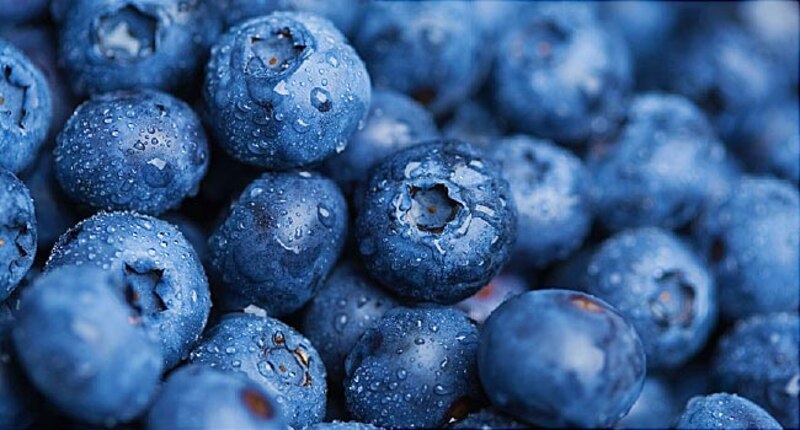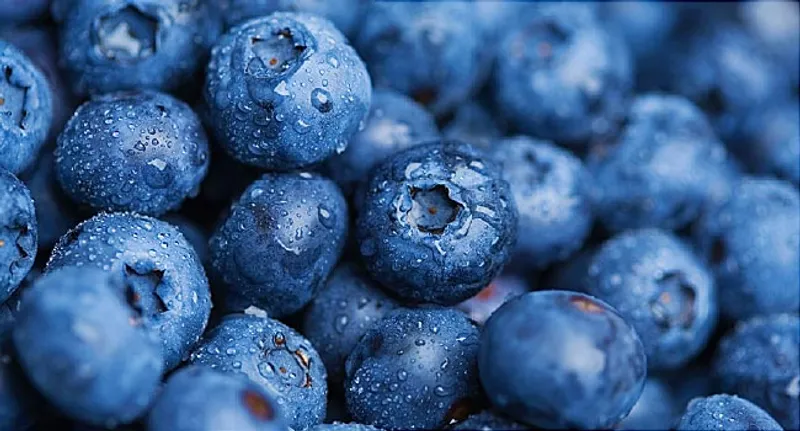Learn about brain health and nootropics to boost brain function
5 Super Fruits of Summer


Where fruit is concerned, summertime is practically an embarrassment of riches. With so much produce hitting its peak in the summer months, fruit is everywhere-- and it’s affordable. You can’t go wrong with whatever kind you pick, but these five stand out from the crowd:
Strawberries
This berry ranks in the top ten for antioxidant capacity—that’s a measure of how well the compounds can destroy cell-damaging free radicals. One of those antioxidants is immune-boosting vitamin C, and one cup of strawberry slices has more than you need in a day. Some of the berry’s other natural plant chemicals are being studied for helping fight inflammation, certain kinds of cancers, and your risk for diabetes.
Cherries
Along with three grams of fiber per cup, sweet cherries contain potassium and a little bit of vitamin C. Like all fruits and veggies, the plant chemicals that give it color also offer health benefits. In the case of cherries, those compounds are anthocyanins, which color fruit red, purple, and blue. They work as antioxidants, which guard cells from damage. Another substance in cherries called quercetin may help boost heart health.
Raspberries
This berry’s claim to fame: It’s one of the highest-fiber fruits around, with a whopping eight grams per cup—that’s about a third of what you need for the whole day (all for just about 60 calories and five grams of natural sugar). They’re notoriously delicate, so eat them within a day or two of buying them, and rinse just before eating.
Blueberries
Think of these as the “brain berry”. In research, they’ve been associated with less age-related memory decline, lower risk of dementia, and increased concentration. Researcher think the berry’s potent dose of antioxidants, including the anthocyanins that make them blue, may help protect brain cells. Besides fresh blueberries, you can also find frozen wild blueberries in the freezer section. They tend to be smaller, darker, and more intensely flavored than regular blueberries (and two times the antioxidant ability).
Watermelon
This quintessential summer fruit sometimes gets dismissed as a nutrient lightweight. But watermelon has some respectable stats, like a third of the vitamin C women need every day, plus potassium and vitamin A--for less than 100 calories in a serving of two whole cups of diced melon. Watermelon gets its red color from lycopene, an antioxidant studied for potential ability to inhibit some cancers and help protect your skin from UV rays. And it’s refreshing and hydrating.
Heard that fruit is “too high in sugar”? It’s added sugar that’s concerning in the diet, not natural sugar (the kind in fruit and plain dairy). The natural sugar in whole fruit also comes with fiber, vitamins, minerals, hydrating water, and few calories. So by all means, enjoy it—all year long.
Like what you read?
Please subscribe to get email updates on this blog.
Click here to view full article